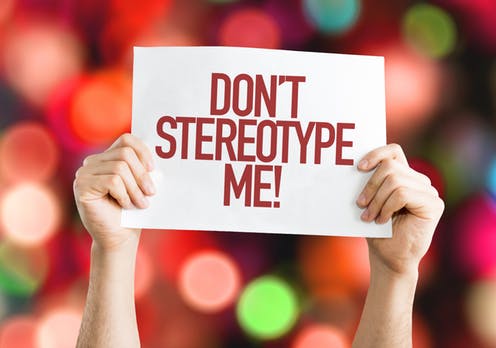Teacher training on gender stereotypes essential for a society free of sexism
Published:
On 27 March 2019, the Council of Europe adopted its revolutionary Recommendation to member States on preventing and combating sexism, the first international instrument to formally define sexism.
Recalling that gender stereotypes influence education, career and lifestyle choices and reinforce unequal power structures, such as the gender pay and pension gap, this Recommendation advises governments to take measures to prevent and combat sexism and its manifestation and encourages relevant stakeholders to implement effective legislation, policies and programmes.
ETUCE fully supports this Recommendation, in particular the section focused on education, which calls on education institutions across Europe:
- to adopt a zero-tolerance approach to gender-based bullying,
- to promote staff training on unconscious gender bias and gender stereotypes,
- to integrate a gender equality perspective in all aspects of teacher training,
- to eliminate gender stereotypes in education materials for teachers,
- and to promote gender-neutral career counselling to all students.
ETUCE also welcomes the Council of Europe’s plea to member States to assess students’ textbooks for sexist language, illustrations and gender stereotypes to make sure that they actively promote gender equality and to produce handbooks and factsheets for young students on what constitutes sexist behaviour which aim, among others, to enhance online safety.
ETUCE member organisations are committed to combating sexism, eradicating gender stereotypes, and promoting a gender-equal teaching profession and education systems across Europe. As part of ETUCE’s current project Empowering education trade unions to address gender equality in the teaching profession through social dialogue, member organisations took part in workshops where they discussed concerns such as the under-representation of women in positions of leadership within education institutions and trade unions, the gender-pay and pension gap in the education sector, the impact that gender stereotypes have on career and lifestyle choices, and gender-based harassment and bullying in the workplace. The project’s Final Conference is to be held in Bucharest on 16-17 September 2019 where a database of best practices to promote gender equality in the education sector will be launched.